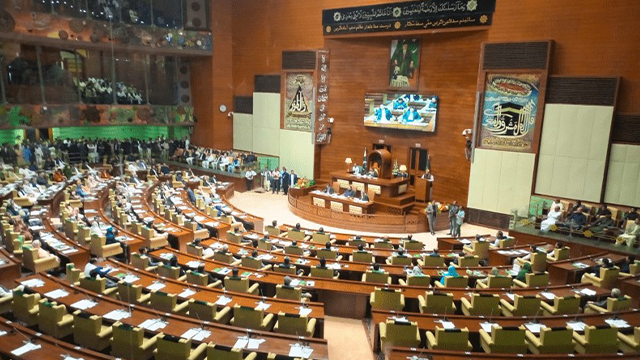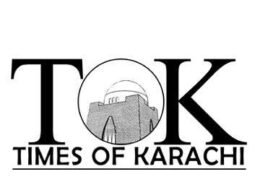The Karachi Chamber of Commerce & Industry (KCCI) has expressed strong dissatisfaction with the State Bank of Pakistan’s (SBP) decision to implement a modest 1 percent reduction in the policy interest rate.
Muhammad Jawed Bilwani, President of KCCI, described the move as insufficient to tackle Pakistan’s ongoing economic challenges and unlock growth potential.
Bilwani criticized the SBP’s decision, stating that the 1 percent cut fails to address the critical financial strain faced by businesses, particularly small and medium enterprises (SMEs).
He pointed out that despite the Prime Minister’s assurances of reducing the interest rate, the SBP maintained the rate at 12 percent, which the business community finds puzzling.
KCCI had previously discussed this issue with Prime Minister Shehbaz Sharif, but the nominal cut did not meet expectations.
The KCCI president noted that businesses are struggling under the pressure of rising input costs, including energy tariffs, fuel prices, and raw material expenses.
READ: Monetary Policy: SBP cuts interest rate by 1pc
High interest rates have further compounded the issue by making it difficult for businesses to access affordable credit for working capital and expansion.
Bilwani argued that the limited reduction in the policy rate does not offer the relief needed to create a conducive environment for economic recovery.
He also highlighted the recent decline in inflation, with Pakistan’s annual consumer price inflation rate dropping to 4.1 percent in December 2024, the lowest in over six years.
Bilwani believed this provided an opportunity for the SBP to make a more substantial interest rate cut.
With inflation down, he argued, a meaningful reduction would have sent a strong signal to both domestic and international investors that Pakistan is committed to fostering a business-friendly environment.
Bilwani further pointed out that Pakistan’s policy rate remains much higher than its regional counterparts, such as India, where the rate stands at 6.50 percent.
This stark contrast, he said, puts Pakistani businesses at a disadvantage in terms of cost competitiveness and inhibits investment in productive sectors.
High interest rates have also led investors to favor speculative markets like real estate and foreign exchange rather than productive industries, worsening Pakistan’s economic stagnation and unemployment.
The KCCI president stressed that a more aggressive interest rate cut would have stimulated investment, encouraged consumer demand, and boosted export-oriented sectors crucial for addressing Pakistan’s balance of payments crisis.
He also mentioned that international financial institutions, such as the IMF, have emphasized the importance of aligning monetary policies with growth objectives, not just inflation targeting.
Bilwani urged the SBP to adopt a more balanced and pragmatic approach to monetary policy, one that aligns with regional trends and supports the government’s broader economic goals of growth, export enhancement, and job creation.






